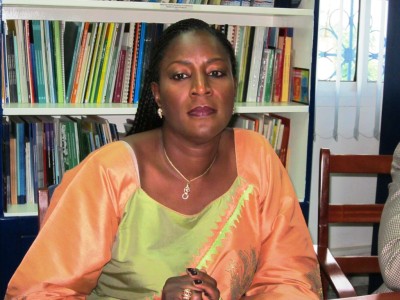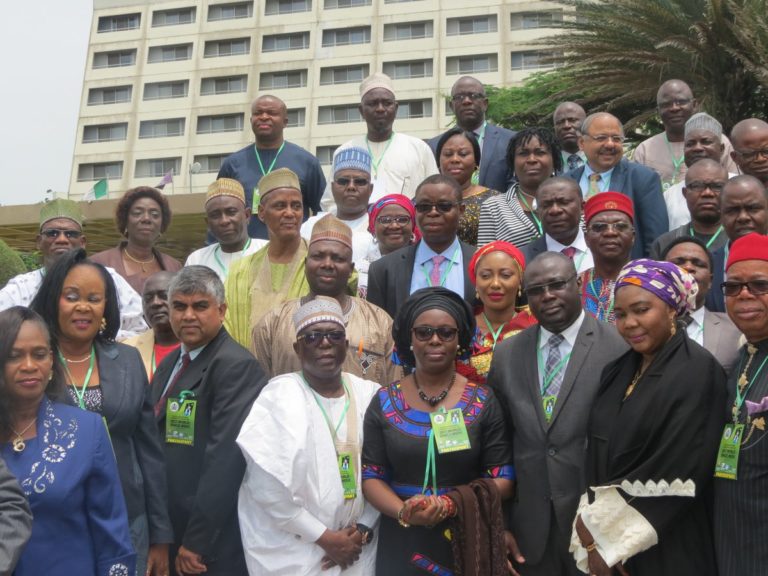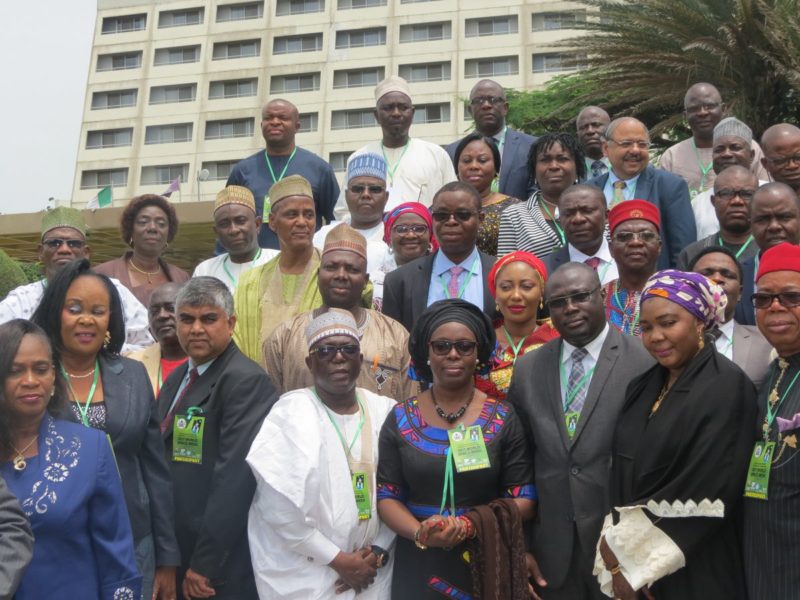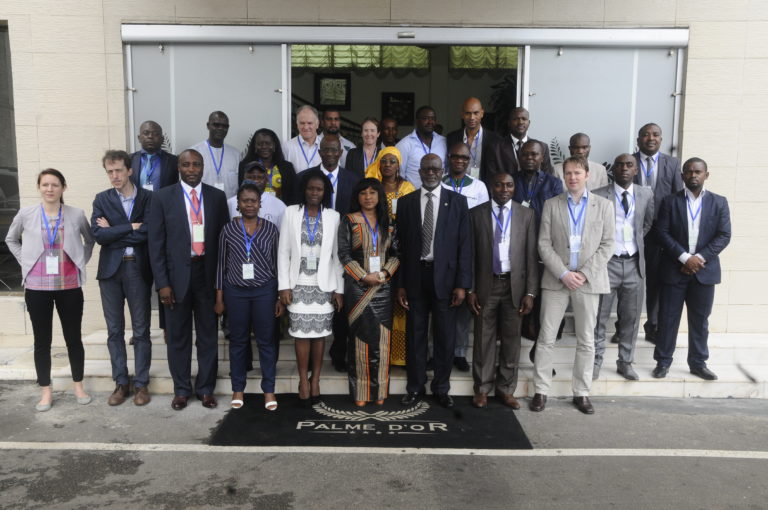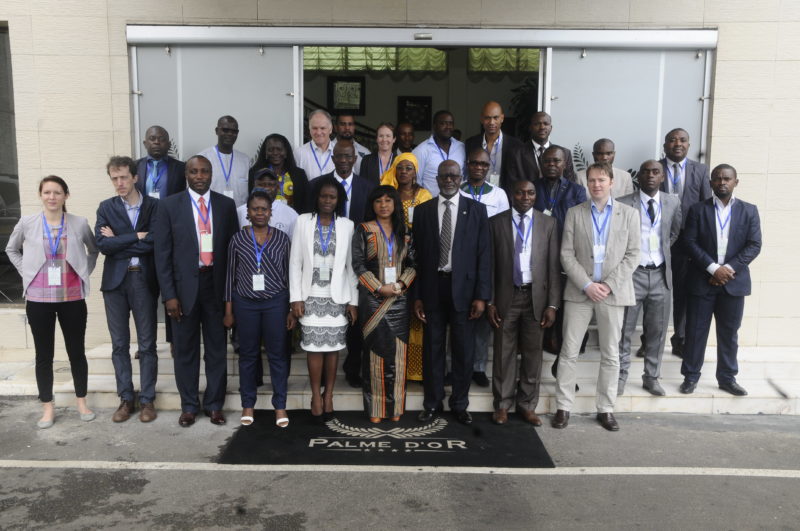Marc Chardonnens, Director, Federal Office for the Environment, Switzerland, who was President of the First meeting of the Conference of the Parties (COP1) to the Minamata Convention on Mercury that held recently in Geneva, presents the Key Take-Home messages from the High-Level Segment that took place from September 28 to 29, 2017
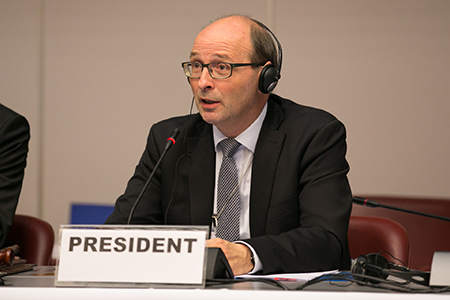
This session of the Conference has agreed on the following very important Key Take-Home messages.
Consideration of the impacts of the uses and emissions and releases of mercury must cover its entire life-cycle, across all media and take into account cross-media impacts. The issue must be integrated into public health and environmental strategies at the local, national, regional and international level and embodied into the wider pollution control agenda.
We are aware that a crucial part of informing the public and authorities about the impact of mercury and of taking on the broader challenge of addressing its adverse effects is to engage and work hand-in-hand with stakeholders from every section of society. Positive implementation of the Convention can only be achieved with governance that is inclusive of all sectors and all stakeholders and that encourages inter-ministerial and cross-sectoral cooperation.
We can best achieve the involvement of all stakeholders through the promotion of partnerships both with civil society and with the private sector. Civil society organisations have close cooperation with local communities, which facilitates communication on how to deal with the adverse effects of mercury pollution and private enterprise often has access to innovative technologies and resources that can be drawn upon to further environmental protection. We can acknowledge that partnerships are a crucial means to share the burden and to benefit from experience and expertise and must therefore be encouraged. Additionally, private enterprise must be encouraged to share in the responsibility for cleanup efforts and instituting best available technology and best environmental practices.
We can note that for many of the local and national activities involving mercury, there is an urgent need to enhance the visibility of and the guidance offered by the Minamata Convention and to inform on the adverse effects of mercury as well as the benefits of adhering to the obligations under the Convention. This can only be done through high-level government commitment and through broad scale education and awareness raising programmes that target not only decision makers but also local authorities, individuals engaged in practices using mercury and civil society.
At the same time, we must note that national policies, legislation and institutions that exist must be strengthened and, where lacking, established such that implementation of the Convention is supported with robust and long-term institutional frameworks. This includes putting in place legislation that prevents the diversion of mercury other than for allowed uses, and legislation that addresses potential illegal traffic in mercury.
We know that chemicals in general, and mercury in particular, are addressed throughout many of the 2030 Sustainable Development Goals. Hence, focusing countries’ efforts on integrating the sustainable development agenda into national development plans will help us protect human health and the environment from the adverse effects of mercury.
As ministers we have exchanged very important information and experience on the existing practices at the national level that use mercury, or from which mercury can be introduced into the environment. And we agree that to reduce or eliminate those uses we need to examine how to support populations currently engaged in such practices in their move to alternative activities. We also need to promote safe substitutes and examine economic consequences of inaction at the local level. We are aware that ASGM is one of the highest concerns about mercury contamination and has a strong regional and socio-economic dimension affecting women and children and requiring cleaner technologies, alternative livelihoods, incentives for formalisation the informal sector and engagement in seeking appropriate solutions.
We can agree that many countries lack the resources, both financial and technical, to implement their obligations under the Convention. Support to those in need is vital and must be addressed in a sustainable manner, including through capacity building and technical assistance, to ensure the success of the Convention.
We concur that affordable and alternative technologies for emissions and releases including those with co-benefits need to be put in place, and subsidies could be envisaged to encourage and assist manufacturers to make the move to best alternative technologies and best environmental practices. In addition, strict and stringent control and monitoring programmes for emissions and releases must be developed and instituted at the national level.
Specific national conditions and circumstances such as those of, for example, small island developing states must also be addressed with applicable solutions.

